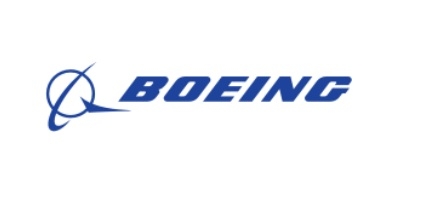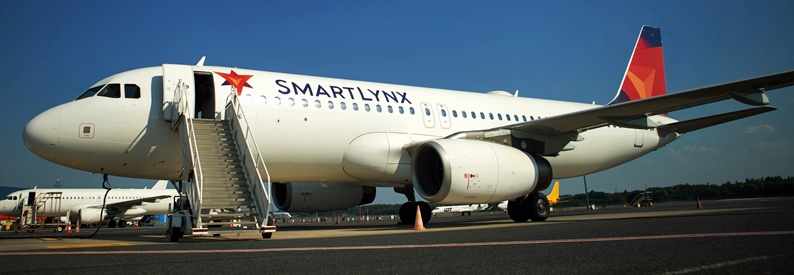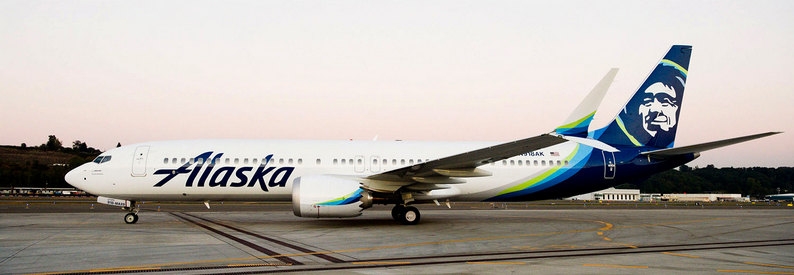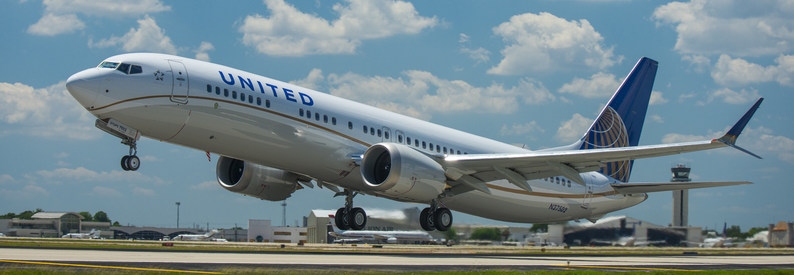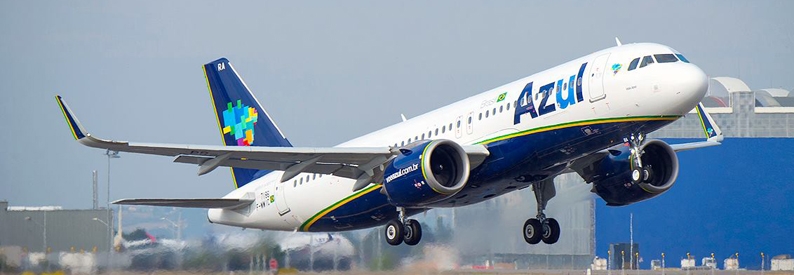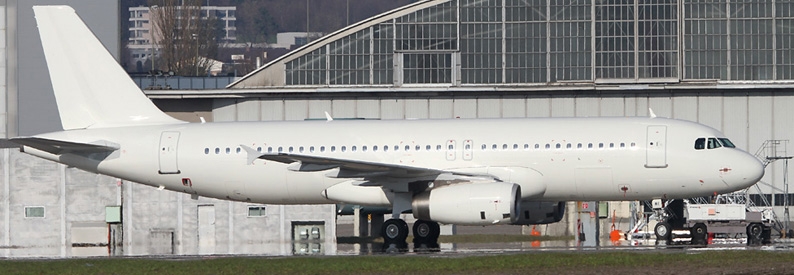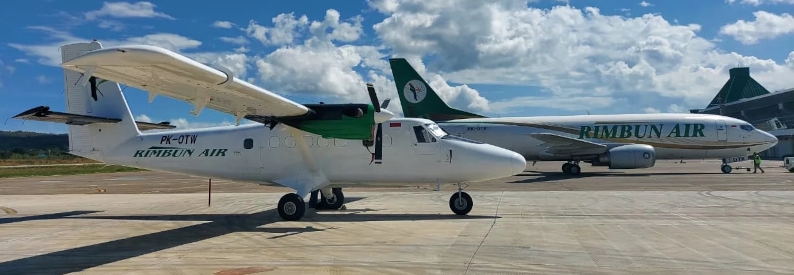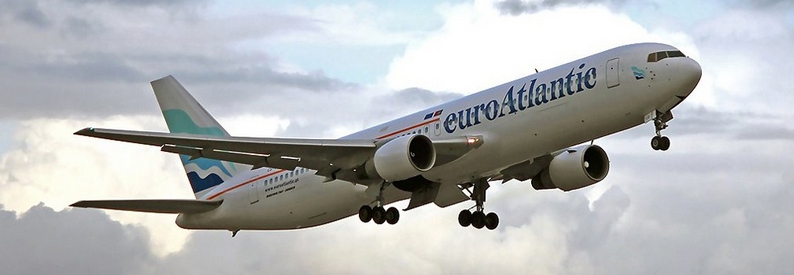Boeing (BOE, Washington National) has temporarily halted deliveries of its B787 Dreamliners just two months after restarting them as the company works to get regulatory approval for its plan to resolve previously disclosed quality issues, Bloomberg reports.
The manufacturer is providing the US Federal Aviation Administration (FAA) with added analysis and documentation of proposed fixes for undelivered jets, according to a company statement, which added there was no impact on aircraft already in service. "We are working to provide the FAA with additional information concerning the analysis and documentation associated with the verification work on undelivered 787s," a Boeing spokesperson told Reuters. "We continue to work closely with the FAA in a transparent and timely manner. There is no impact on the in-service fleet."
The latest setback follows a five-month delivery hiatus that ended in March 2021, caused by potential manufacturing flaws in the carbon-fibre shell of the aircraft. Boeing last year discovered tiny dimples in the inner lining where the B787’s carbon-fibre fuselage barrels are fused to form the jet’s frame.
"Boeing still needs to show that its proposed inspection method would meet FAA’s federal safety regulations. The FAA is waiting for additional data from Boeing before determining whether the company’s solution meets safety regulations," the FAA said in a statement. "Since the FAA has not approved Boeing’s proposal, Boeing chose to temporarily stop deliveries to its customers." The FAA noted it had issued two airworthiness directives to address production issues for in-service aircraft.
This comes after Boeing had to delay B737 MAX deliveries over a potential electrical fault, shortly after it had resumed Dreamliner deliveries this year. While MAX deliveries began again last month, the glitch marred the model’s return from a 20-month worldwide grounding after two deadly crashes.
The company in late April had about 100 Dreamliners in inventory and expected to clear most of those by year-end. At the time, Chief Executive Officer Dave Calhoun said he expected to deliver about a dozen B787s per month. That schedule could be at risk the longer the talks with the FAA drag on, crimping Boeing’s ability to meet its cash-flow goals.
The manufacturer has struggled to get past a series of missteps that have led to heightened regulatory scrutiny. Last week, the company agreed to pay at least USD17 million in penalties under an FAA settlement after it installed equipment on 759 B737 MAX and NG aircraft that contained sensors that were not approved. That fine also covers Boeing's submission of 178 B737 MAX aircraft for airworthiness certification when the aircraft potentially had non-conforming slat tracks installed and had improperly marked them.
